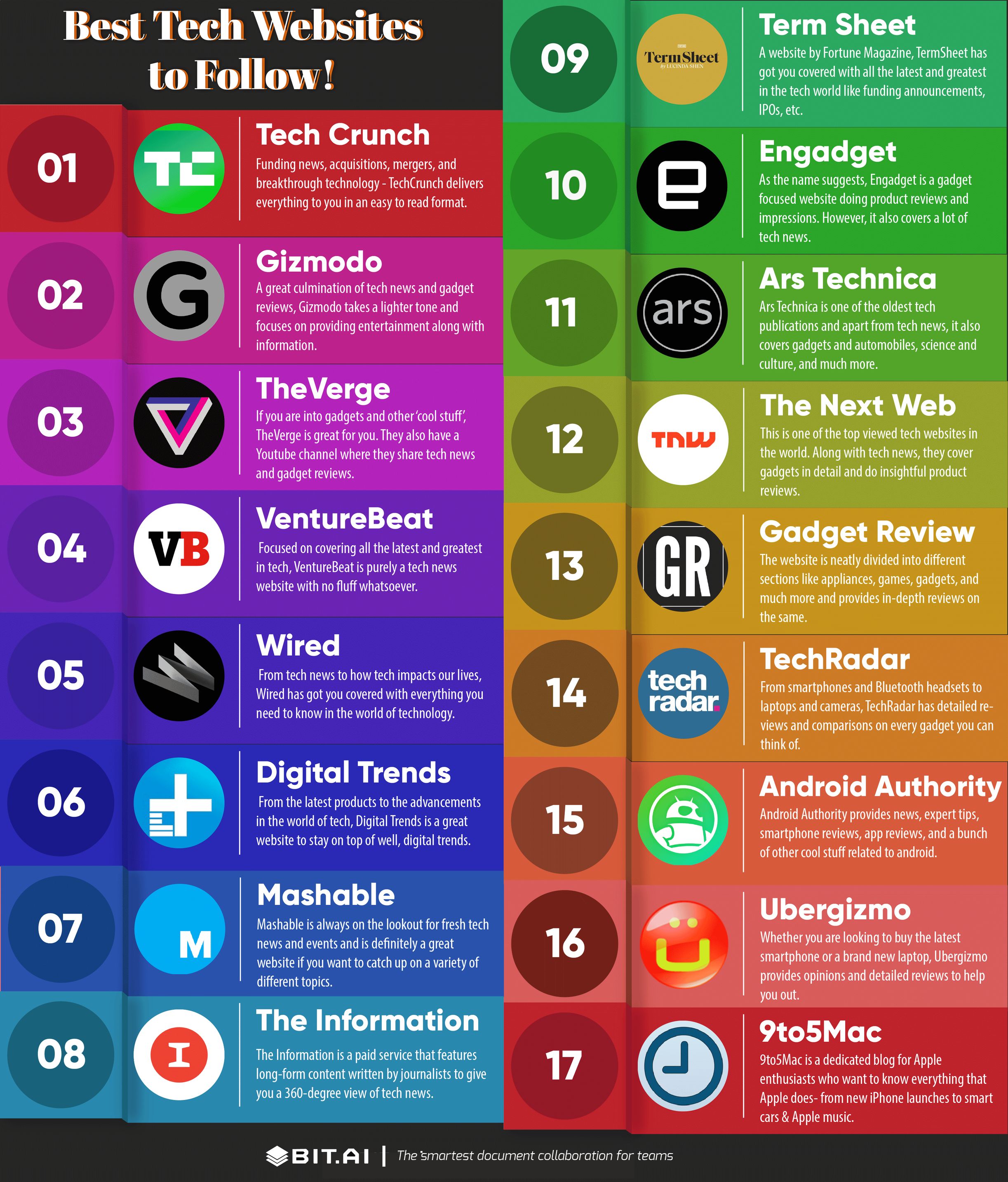Exactly How Blockchain Technology Is Revolutionizing Data Protection
Blockchain technology is essentially modifying the landscape of data safety by introducing a decentralized structure that assures boosted transparency and durability. Unlike traditional systems, which rely upon central information databases, blockchain distributes information across a network, lessening susceptabilities and solitary points of failure. Using sophisticated cryptographic strategies ensures that information continues to be tamper-proof, fostering trust among users and stakeholders. As sectors swiftly adapt to this innovation, concerns occur regarding its more comprehensive impact and potential obstacles. What ramifications does this shift hold for future data security methods and governing frameworks? The responses might amaze you (Best tech blog).
The Basics of Blockchain
Blockchain modern technology, an innovative principle in electronic data administration, fundamentally transforms exactly how info is kept and safeguarded. At its core, a blockchain is a distributed ledger that tapes deals across a network of computers, making sure openness and immutability. The innovation operates a chain of blocks, each containing a checklist of deals. As soon as a block is loaded, it is time-stamped and connected to the previous block, developing a chronological chain.
Key to understanding blockchain is the hashing process, which encrypts purchase information into an unique alphanumeric code. This cryptographic function makes sure that any kind of alteration in the transaction information results in an entirely different hash, thereby guarding versus tampering. The consensus device, another vital component, verifies and verifies brand-new purchases via a network of nodes, consequently eliminating the need for a centralized authority.
Furthermore, blockchain's append-only structure makes sure that data, when included, can not be erased or changed. This particular warranties a irreversible and proven document of deals, cultivating trust fund amongst individuals. Consequently, blockchain supplies a robust framework for information stability, providing markets a trusted approach for tracking and handling electronic information in a protected, clear manner.
Decentralization and Safety
Decentralization, a core concept of blockchain innovation, substantially boosts information protection by distributing control across a network rather than depending on a singular, central entity. By spreading information across numerous nodes, blockchain ensures that even if one node is jeopardized, the entire network continues to be safe.

Each participant in the network has accessibility to the entire blockchain, enabling them to verify and examine transactions independently. In general, decentralization is instrumental in improving data safety and security in blockchain networks.

Cryptographic Techniques
At the heart of blockchain innovation, cryptographic strategies play a pivotal function in safeguarding data, making certain both discretion and stability. These methods are foundational to the blockchain's capability to safely record purchases in a decentralized manner. Cryptography in blockchain uses a mix of asymmetric and symmetric algorithms to encrypt data, making it obtainable just to authorized events - Best tech blog. Public and private essential sets are central to this procedure, permitting secure authentication and identification confirmation without disclosing delicate information.
Hash functions are an additional critical part, changing input data into a fixed-size string of personalities, efficiently creating a distinct electronic finger print click for more info for each and every block. This makes certain that any kind of attempt to modify the information will cause a completely different hash, hence maintaining the immutability of the blockchain. Electronic signatures confirm the authenticity and integrity of deals, giving a layer of my company non-repudiation.
The decentralized nature of blockchain, integrated with robust cryptographic strategies, eliminates the demand for intermediaries, reducing possible susceptabilities. As blockchain modern technology develops, innovations in cryptography such as zero-knowledge proofs and homomorphic security remain to improve protection procedures, further strengthening information protection in this advanced digital ledger system.
Use Instances Across Industries

In the health care market, blockchain makes sure the protected storage and sharing of client records, promoting interoperability while securing delicate information from unapproved gain access to. This innovation empowers individuals with control visit our website over their case history and promotes smooth control among doctor.
Supply chain monitoring benefits significantly from blockchain's immutable journal, which makes certain traceability and authenticity of items from origin to consumer. By enhancing openness, blockchain aids minimize problems such as counterfeiting and underhanded sourcing.
In addition, blockchain's decentralized nature is improving the energy sector by allowing peer-to-peer energy trading, where consumers can deal excess renewable resource directly. This fosters an extra sustainable and reliable energy ecosystem.
In the world of copyright, blockchain offers a tamper-proof system for developers to register and shield their works, guaranteeing rightful attribution and reasonable payment. These diverse use instances highlight blockchain's role as a pivotal force in redefining information safety and security across markets.
Future of Data Protection
As we want to the future of information protection, blockchain modern technology is poised to play a crucial duty in protecting electronic details. With its decentralized and immutable characteristics, blockchain uses a durable framework for securing sensitive data versus unapproved accessibility and cyber hazards. This technology makes sure that as soon as information is videotaped, it is nearly impossible to change without detection, thus offering a substantial benefit over typical information storage space approaches.
The combination of blockchain with various other advanced innovations, such as fabricated knowledge and the Net of Points (IoT), is expected to boost information protection strategies even more. By leveraging wise agreements, organizations can apply and automate security protocols, lowering human mistake and boosting performance. In addition, blockchain's capability to give traceable and clear purchases will certainly boost count on and responsibility in information monitoring practices.
As regulative landscapes develop, blockchain's compliance-friendly nature will become increasingly appropriate. It can assist organizations meet rigorous data protection regulations, such as the General Information Protection Guideline (GDPR) and the California Consumer Privacy Act (CCPA), by providing proven records of information handling activities. Inevitably, blockchain's distinct attributes placement it as a transformative device in the continuous pursuit to safeguard the digital world versus ever-evolving cyber hazards.
Verdict
Blockchain innovation represents a standard shift in data security by leveraging decentralization and cryptographic strategies to enhance transparency, depend on, and data honesty. Its capability to remove solitary factors of failure and use agreement devices significantly reduces the threat of fraudulence and cyberattacks. This innovative structure not only encourages customers with better control over their data but likewise lines up with governing compliance. As cyber hazards develop, blockchain becomes a crucial device for robust information protection across various sectors.
Blockchain innovation is basically altering the landscape of data safety and security by introducing a decentralized framework that guarantees enhanced openness and durability. Unlike typical systems, which rely on centralized data repositories, blockchain disperses data throughout a network, decreasing vulnerabilities and solitary points of failing.Decentralization, a core principle of blockchain technology, dramatically boosts data safety and security by dispersing control across a network rather than relying on a singular, centralized entity.At the heart of blockchain innovation, cryptographic strategies play an essential role in securing information, making certain both discretion and stability.Blockchain innovation represents a standard shift in information protection by leveraging decentralization and cryptographic strategies to boost openness, trust fund, and data stability.
Comments on “Discover Thought-Provoking Articles on the Best tech blog for Tech Lovers”